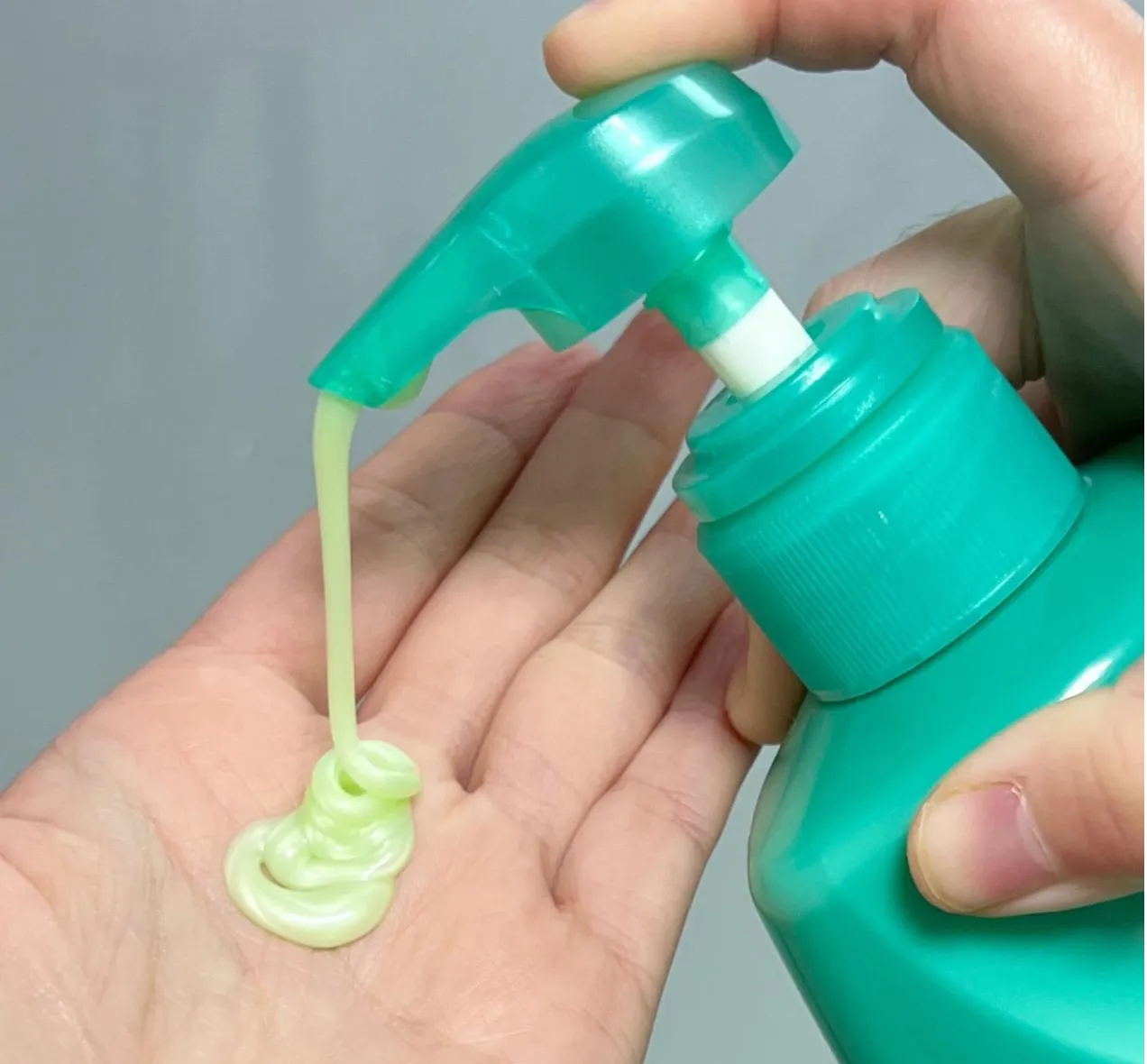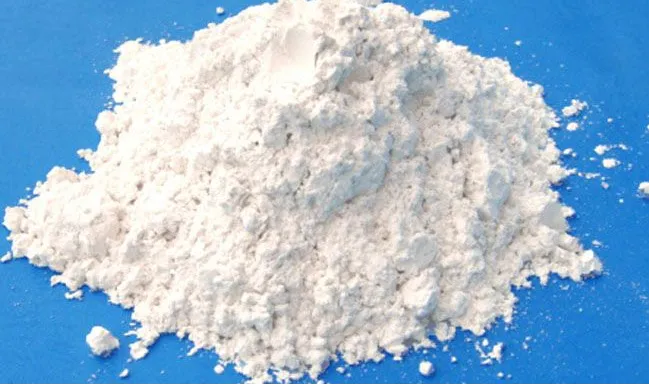
Modified Starches for Modern Industry: From Haircare to Healthcare
In recent years, modified starches have gained recognition for their versatility across industries. From food and pharmaceuticals to cosmetics and construction, these functional ingredients offer performance improvements without compromising safety or sustainability. One of the most widely used is hydroxypropyl distarch phosphate, a chemically modified starch often found in processed foods and sauces. Its role is to stabilize, thicken, and maintain consistency under heat, acid, and mechanical stress.

Functional Starches Revolutionizing Daily Products
A newer plant-based alternative gaining traction is hydroxypropyl pea starch. Extracted from yellow peas and modified with hydroxypropyl groups, it serves as a biodegradable, allergen-friendly option for thickening and emulsifying. Its clean-label appeal makes it especially suitable for organic foods and eco-conscious beauty products.
In personal care, hydroxypropyl starch phosphate for hair is becoming a preferred alternative to silicones and synthetic conditioners. It enhances shine, reduces frizz, and improves hair manageability—all while being plant-derived and gentle on the scalp. As the demand for green cosmetics grows, more brands are turning to starch-based actives like this to meet consumer expectations.

Medical Marvels – Starches in Health and Clinical Care
Starches aren’t limited to food and cosmetics; they also play a critical role in the medical field. One of the most important clinical starches is hydroxyethyl starch. This modified starch is used in intravenous fluids to expand plasma volume in patients experiencing blood loss or undergoing surgery.
Specifically, hydroxyethyl starch 130 0.4 is a formulation where the average molecular weight is 130 kDa and the substitution degree is 0.4. It balances efficacy and safety, offering an effective solution for short-term plasma volume expansion. Hydroxyethyl starch uses include trauma treatment, sepsis management, and perioperative care.
Manufacturers like HPS Company are leading the charge in producing high-quality modified starches for both industrial and medical applications. Known for its innovation and consistency, HPS Company supplies a broad portfolio of starch derivatives, tailored to meet the specific needs of various global markets.
As industries continue to seek safer, cleaner, and more sustainable materials, modified starches such as hydroxypropyl distarch phosphate, hydroxypropyl starch phosphate for hair, and hydroxyethyl starch are proving to be not just functional, but essential.
Five Product FAQs with Titles
FAQ 1: What is hydroxypropyl distarch phosphate used for?
Hydroxypropyl distarch phosphate is used in the food industry as a thickener and stabilizer. It resists breakdown under heat, acid, and mechanical processing, making it ideal for soups, sauces, and processed foods.
FAQ 2: What are the clinical uses of hydroxyethyl starch 130 0.4?
Hydroxyethyl starch 130 0.4 is used in medical settings as a plasma volume expander. It is administered intravenously during surgeries or trauma care to stabilize blood pressure and maintain blood volume.
FAQ 3: How does hydroxypropyl pea starch differ from regular starch?
Hydroxypropyl pea starch offers enhanced solubility, stability, and biodegradability. Sourced from yellow peas, it's hypoallergenic and suitable for gluten-free, organic, and clean-label products.
FAQ 4: What are the haircare benefits of hydroxypropyl starch phosphate?
Hydroxypropyl starch phosphate for hair conditions and smooths the hair without heaviness. It enhances shine, reduces static, and provides a soft, non-greasy finish—ideal for silicone-free haircare formulations.
FAQ 5: What does HPS Company specialize in?
HPS Company specializes in the development and manufacturing of modified starches, including food-grade, cosmetic-grade, and pharmaceutical-grade options. Their products are used in food processing, personal care, and clinical treatments.
-
Hydroxypropyl Starch as a Sustainable Construction AdditiveNewsNov.24,2025
-
The Gelation Properties of CMCNewsNov.21,2025
-
Redispersible Latex Powder and Water Retention CapacityNewsNov.21,2025
-
Dosage Control for Polycarboxylate Water ReducerNewsNov.21,2025
-
Film-Forming Properties of Polyvinyl AlcoholNewsNov.21,2025
-
The Function of Gypsum Additives in MortarNewsNov.21,2025





















